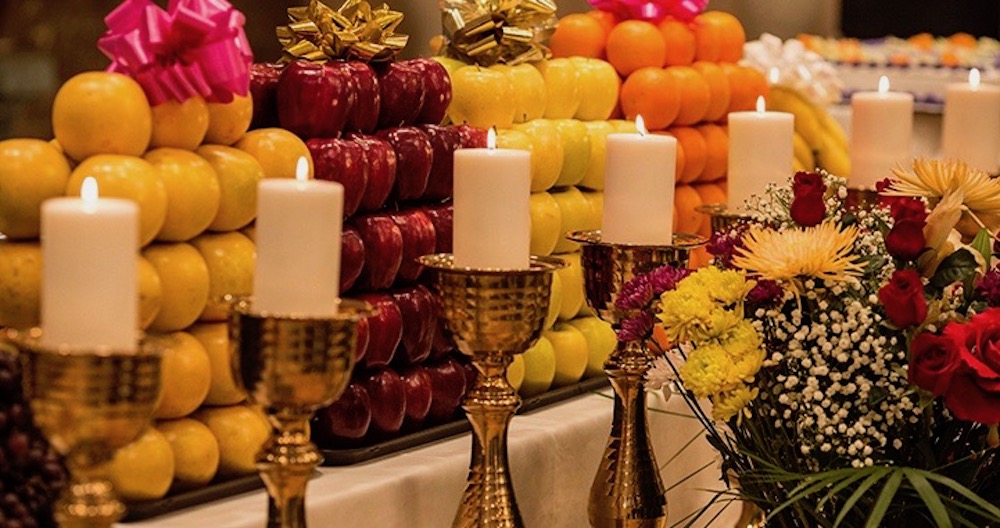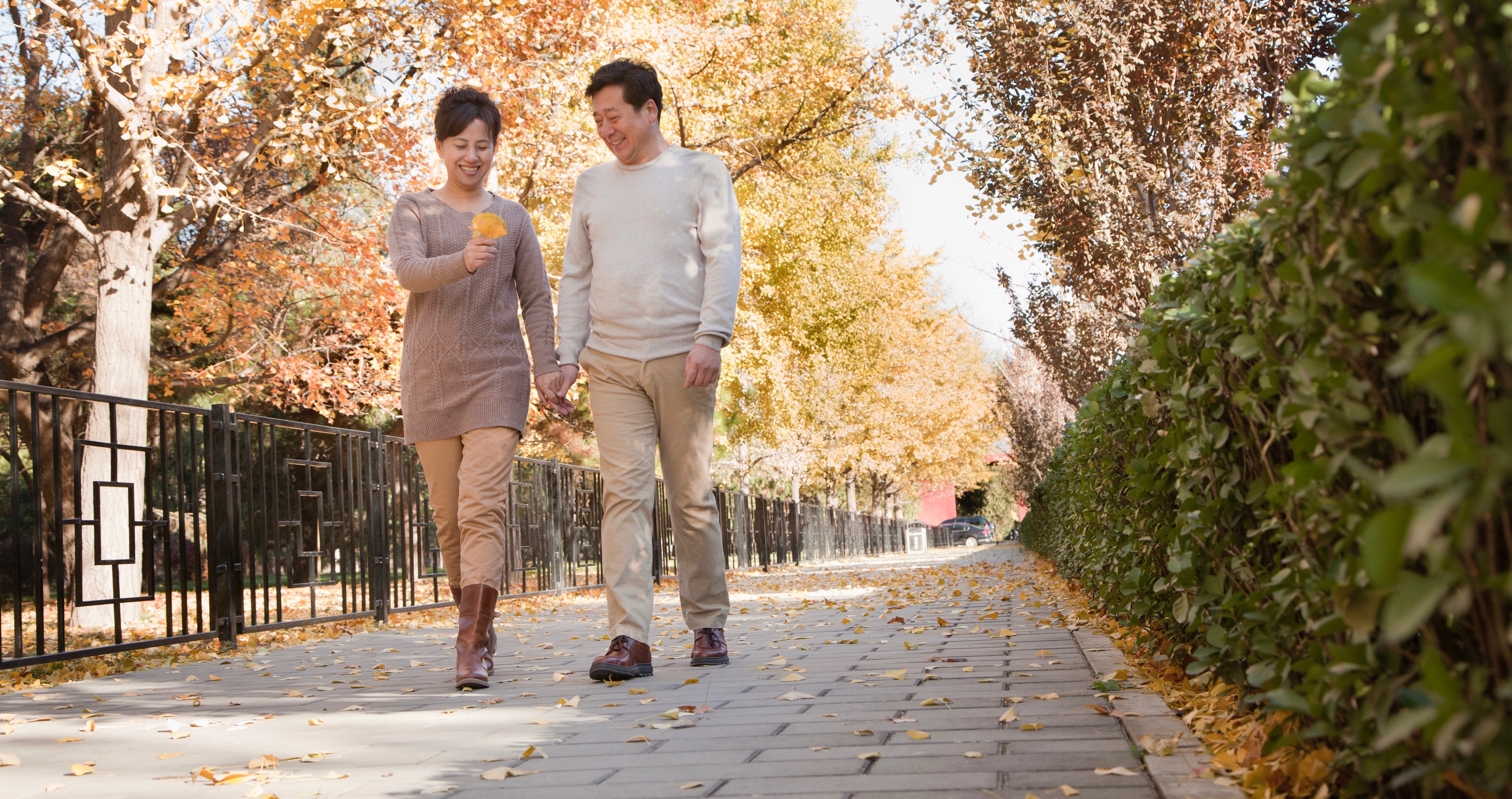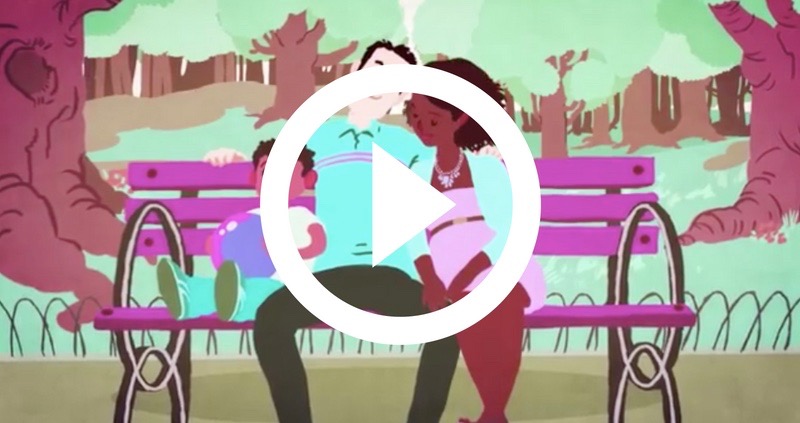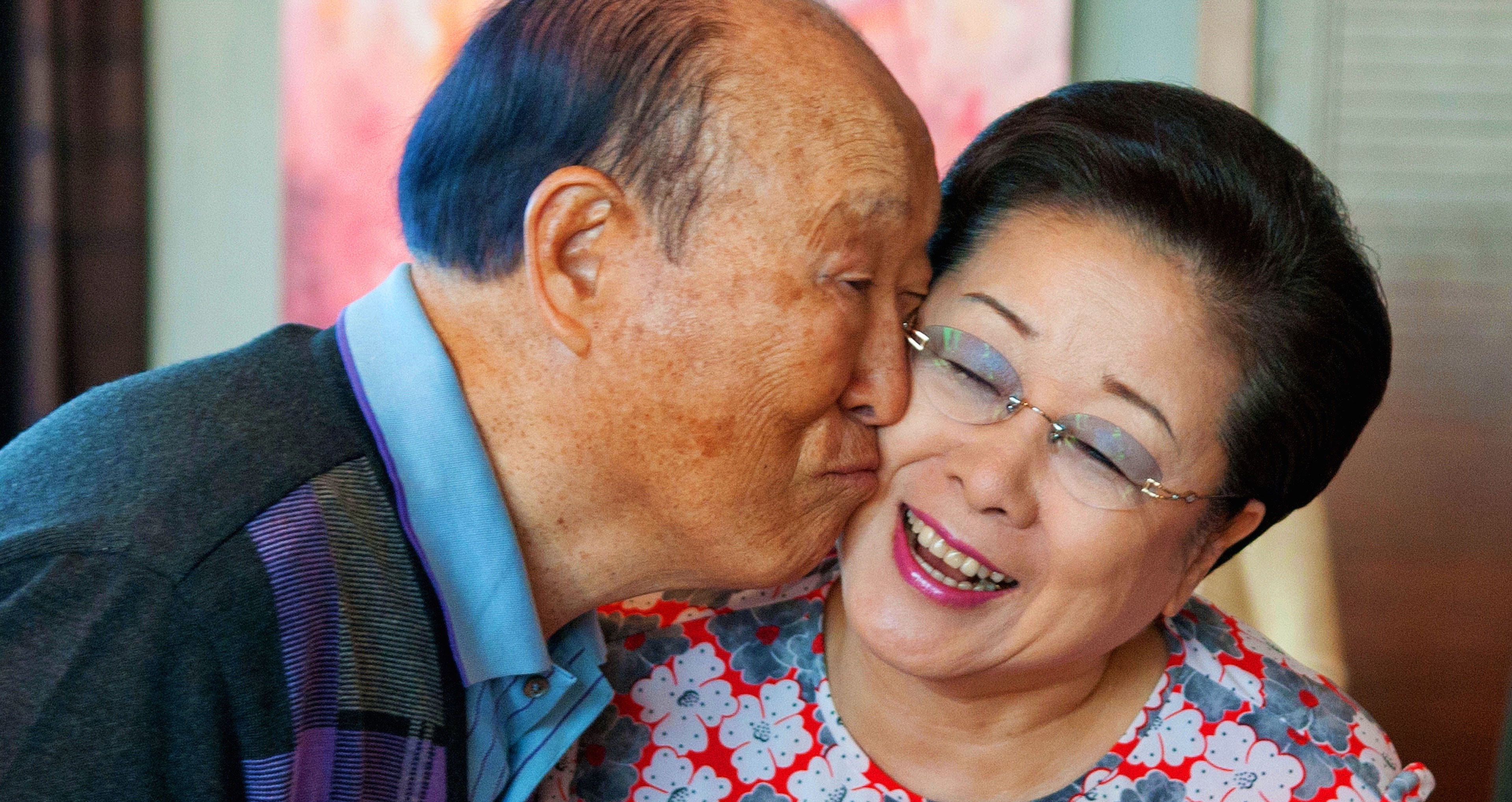
Contributed by Sunder Willett
In the romantic comedy, The Big Sick, Kumail Nanjiani has been sent prospective bride after prospective bride by his very traditional Pakistani parents who have been desperately trying to arrange his marriage before he becomes an unmarriageable thirty. Nanjiani is completely bored by his dates and is simply uninterested in a relationship. Then he meets Emily, a white, non-Muslim American woman, and suddenly finds himself infatuated with her. However, he fears that if Emily finds out that his parents have been trying to set him up with dozens of women over the years, she will reject him so he tries to hide his family and background from her. Hilarity ensues and yet there is a serious question behind Nanjiani’s actions: Will I be accepted for who I really am?
In rom-coms, characters often worry about how they look and whether or not their love interest will really, truly accept them for who they are. This desire to look a certain way to be accepted can be found everywhere. How does your fashion compare to the latest style? Are you going to a “good” university? Looking good is a powerful feeling. However, the desire to look good all the time can actually be a major limiting factor in the way we relate with others. To have the most fulfilling relationships with others, we need to learn to let go of the desire to look good.
Think back to the best friendships you have. Who do you feel closest to? The friends you feel closest to are probably the ones you have shared the most honestly with. Being accepted for where we are in life is powerful and is vital for deepening our connection with others. Otherwise our relationships may become haunted by a fear of being found out. A meaningful and lasting relationship depends on openness and vulnerability.
From my own experience, the desire to look good negatively impacts my life by preventing me from sharing what doesn’t work in my life. When I only share how I am successful or the parts of my life that I am proud of, I am actually limiting the amount of love I can receive from others. When I struggled to find a job and then someone praised me for being a hard-working and a capable individual, the impact of that praise was lessened for me. I hadn’t been honest about not finding a job and so I couldn’t be sure if they would say the same things about me if they knew I was struggling. How can I ever experience unconditional love if the only parts of my life I share with others look good? It’s pretty easy to love someone who looks good.
So, how can we let go of wanting to look good all the time? Through practice. Being more honest about ourselves to our family and friends. Start with people you really trust, your parents, a best friend, a sibling, and share something honest with them. Practicing honesty doesn’t have to be extreme: “I have an assignment due tomorrow and I’m stressed because I have been procrastinating all weekend.” “I don’t find our Sunday Service so inspiring.” “My manager called me out for making a mistake and instead of accepting it, I tried to argue that I was right.” “I don’t like talking to my mom, because I feel she doesn’t listen to me.” None of these are earth-shattering admissions, and all of these are examples of how to be more honest about ourselves with friends and family who love us.
Being comfortable with sharing honestly means we get to spend more time being ourselves and less time trying to impress our friends, family, or a potential match by only presenting our good side. There’s less managing of our words, less worrying about what is safe to share. And because we’re investing less energy into hiding a part of ourselves, we have more energy to invest into our relationships and into loving more.
And this gets to the truth behind love: True Love is unconditional. God’s Love is unconditional. For love to really be love, it cannot be earned or deserved. It can only be given. We can never truly know how loved we are if we always manage our appearance. So, practice honesty and discover how you really are loved.






